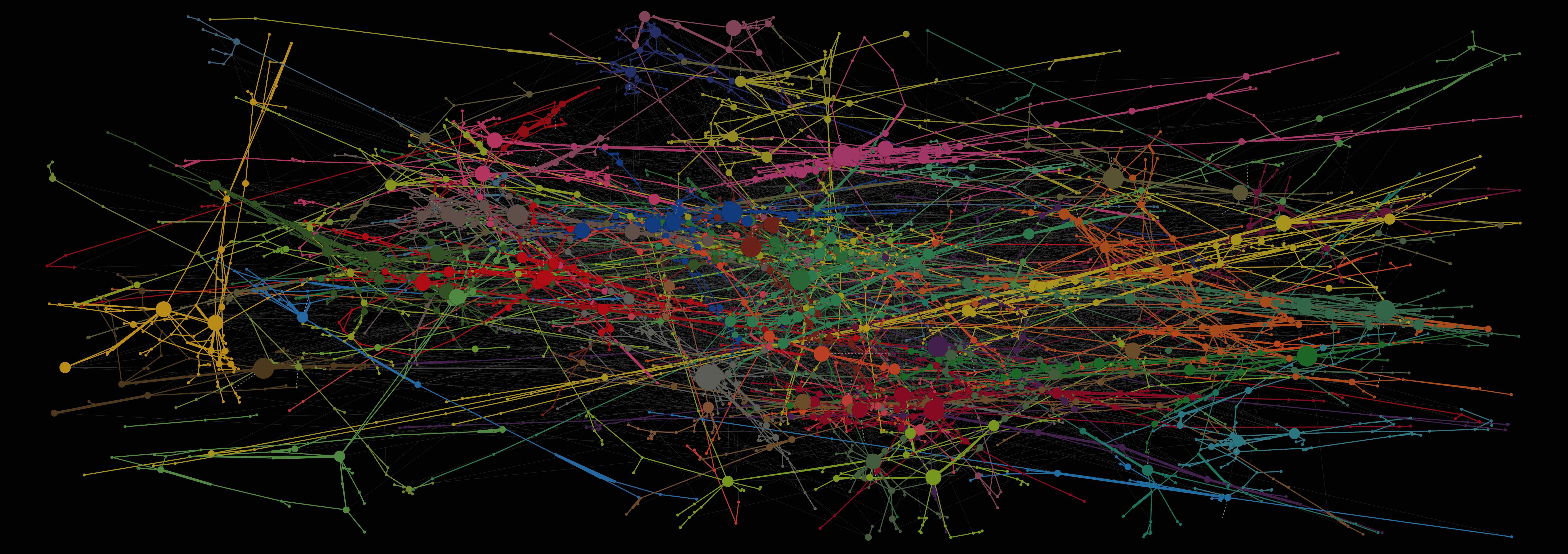
Cognitive Network Science: A review of research on cognition through the lens of network representations, processes, and dynamics
Abstract
Network science provides a set of quantitative methods to investigate complex systems, including human cognition. Although cognitive theories in different domains are strongly based on a network perspective, the application of network science methodologies to quantitatively study cognition has so far been limited in scope. This review demonstrates how network science approaches have been applied in the study of human cognition, and how it can uniquely address and provide novel insight on important questions related to the complexity of cognitive systems and the processes that occur within those systems. Drawing on the literature in cognitive network science with a focus on semantic and language networks, we argue three key points. (i) Network science provides a powerful quantitative approach to represent cognitive systems. (ii) The network science framework enables cognitive scientists to achieve a deeper understanding of human cognition by capturing how the structure, i.e., the underlying network, and processes operating on a network structure, interact to produce behavioral phenomena. (iii) Network science provides a quantitative framework to model the dynamics of cognitive systems, operationalized as structural changes in cognitive systems that can occur on multiple timescales and resolutions. Finally, we highlight key milestones that the field of cognitive network science needs to achieve in the future as it matures in order to provide continued insights into the nature of cognitive structures and processes.